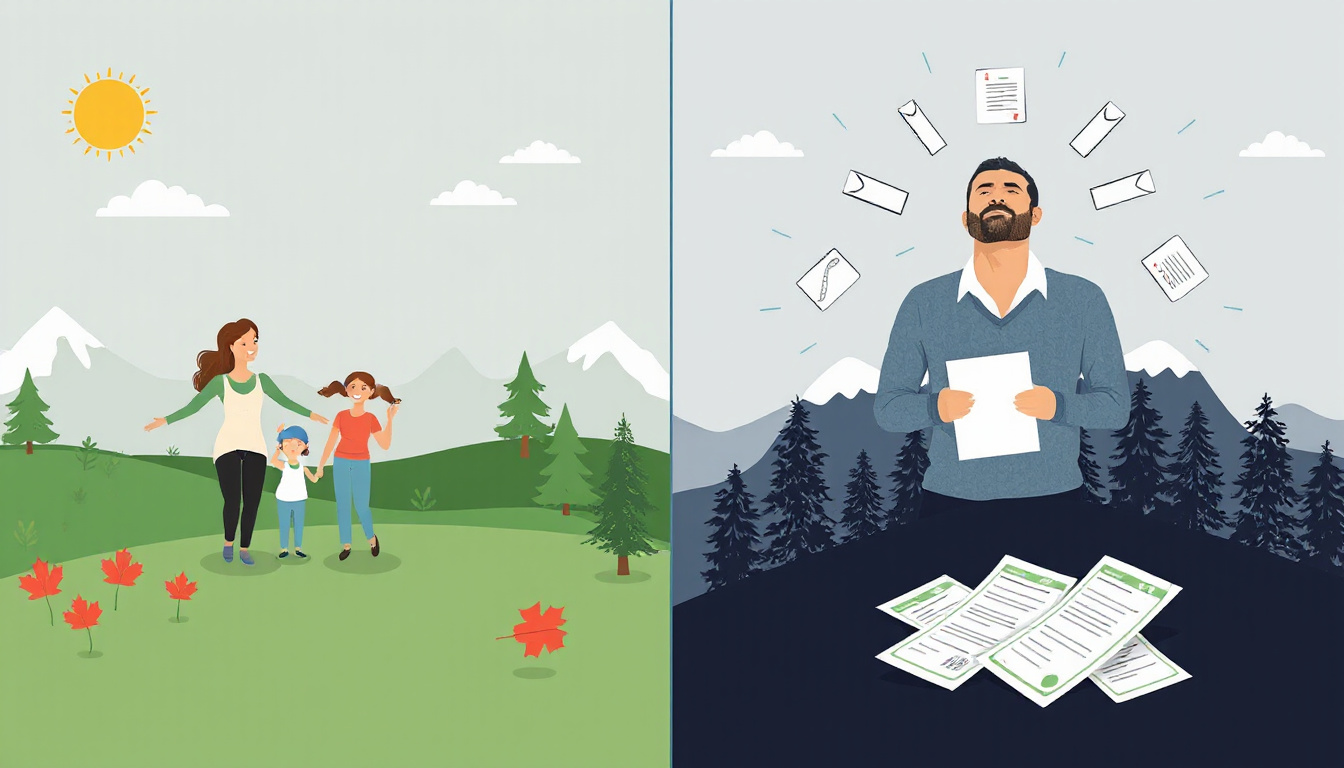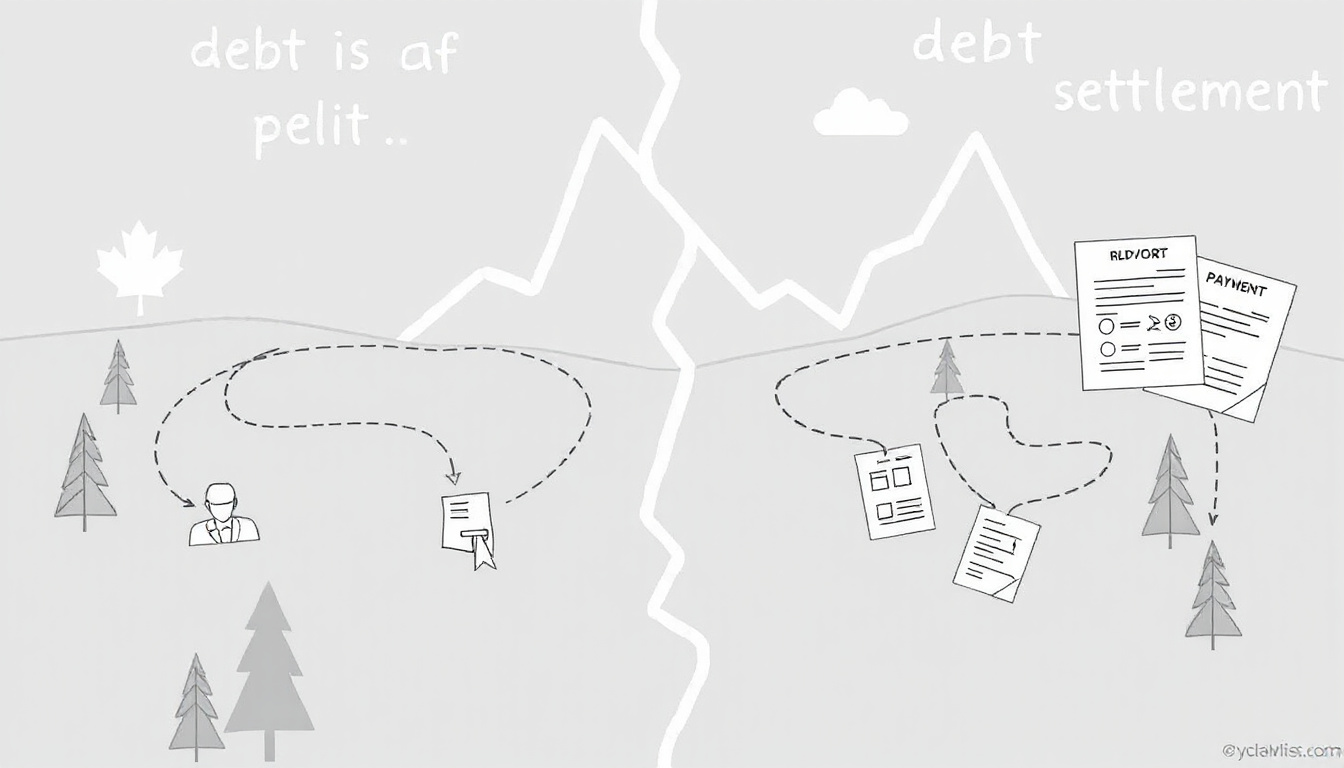Navigating your financial obligations can often feel overwhelming, especially when you’re faced with unmanageable debt. Understanding the various options available to you is crucial in finding the most beneficial path forward. In this article, we’ll explore two commonly discussed strategies: debt relief and debt settlement. While both aim to help you regain control over your finances, they operate under different principles and strategies. By the end, you’ll have a clear grasp of their distinctions and how to choose the right option based on your unique financial situation.

Key Takeaways
- Debt relief refers to a range of options available to reduce or eliminate debt burdens.
- Debt settlement specifically involves negotiating with creditors to settle debts for less than what is owed.
- Debt relief options can include loan modifications, credit counseling, and bankruptcy, while debt settlement is a more specific process.
- Key differences include the approach taken and potential impacts on credit scores between the two options.
- Selecting the right option depends on your financial situation and long-term goals for debt management.
Understanding Debt Relief
Understanding debt relief is essential for anyone facing financial challenges. Debt relief encompasses various strategies and methods employed to help individuals and businesses manage or reduce their debts. It generally involves negotiating with creditors or restructuring repayment options to achieve a more manageable debt load. On the other hand, debt settlement is a specific approach within the broader scope of debt relief, where a debtor negotiates with creditors to pay a portion of the owed amount, typically less than the full balance, as a means to settle the debt. In Canada, understanding the nuances between these two terms can empower consumers to make informed decisions when seeking financial assistance.
What is Debt Settlement?
When dealing with financial struggles, it’s essential to understand the various options available for managing debt. Two common terms that often come up in this conversation are ‘debt relief’ and ‘debt settlement.’ While they may seem interchangeable, they refer to different processes aimed at alleviating financial burdens.
Debt relief is a broader concept that encompasses various strategies and methods designed to reduce or eliminate debt. This can include options like consolidation, refinancing, bankruptcy, or negotiation with creditors. On the other hand, debt settlement is a specific form of debt relief where a customer negotiates directly with creditors to pay off a portion of their debts, often for less than what is owed. This typically arises when a consumer is unable to meet their debt obligations and is seeking a way to reduce their balance without declaring bankruptcy. Understanding these nuances is crucial for anyone looking to regain control of their financial situation.
‘The hardest thing in the world to understand is the income tax.’ – Albert Einstein

Key Differences Between Debt Relief and Debt Settlement
When navigating your financial options, understanding the key differences between debt relief and debt settlement is crucial. Debt relief generally refers to a broader range of strategies aimed at reducing the amount of debt you owe through various means, often including budgeting, credit counselling, or even bankruptcy. On the other hand, debt settlement specifically involves negotiating with creditors to accept a lump sum payment that is less than the full amount owed, often achieved through a third-party service. While both options aim to alleviate financial stress, they differ in execution, potential impacts on your credit score, and the level of control you maintain over your debts. Opting for debt relief may offer more comprehensive support and an opportunity for improved financial habits, whereas debt settlement might provide a quicker resolution to urgent financial problems.
Choosing the Right Option for Your Financial Situation
When faced with overwhelming debt, understanding your options is crucial. Two frequently used terms you may come across are ‘debt relief’ and ‘debt settlement.’ While both aim to alleviate financial burden, they represent different approaches. Debt relief encompasses a broader category of strategies to reduce or manage debt, including credit counselling, debt consolidation, and negotiation for lower interest rates. Debt settlement, on the other hand, specifically refers to negotiating with creditors to pay a reduced amount than what’s owed, often resulting in a lump-sum payment. It’s essential to evaluate your financial situation thoroughly, as the implications and outcomes of each can vary significantly. Engaging in a reputable debt relief company can provide guidance in determining which path aligns best with your needs.
Frequently Asked Questions
What is debt relief?
Debt relief refers to various approaches that help individuals manage or eliminate their debt, which can include options like debt consolidation, credit counseling, and bankruptcy.
What is debt settlement?
Debt settlement is a specific type of debt relief where a borrower negotiates with their creditors to pay a reduced amount in a lump sum to settle their debts.
How do debt relief and debt settlement differ?
The key difference lies in the approach: debt relief encompasses a range of strategies for managing debt, while debt settlement specifically focuses on negotiating lower payment amounts directly with creditors.
Which option is better for me: debt relief or debt settlement?
Choosing between debt relief and debt settlement depends on your financial situation. If you’re struggling to make payments, debt relief options might be more suitable. However, if you have a lump sum to negotiate with, debt settlement may be advantageous.
Can debt settlement negatively affect my credit score?
Yes, debt settlement can negatively impact your credit score, as it indicates that debts are being settled for less than the full amount owed. However, it may also be less damaging than declaring bankruptcy.
